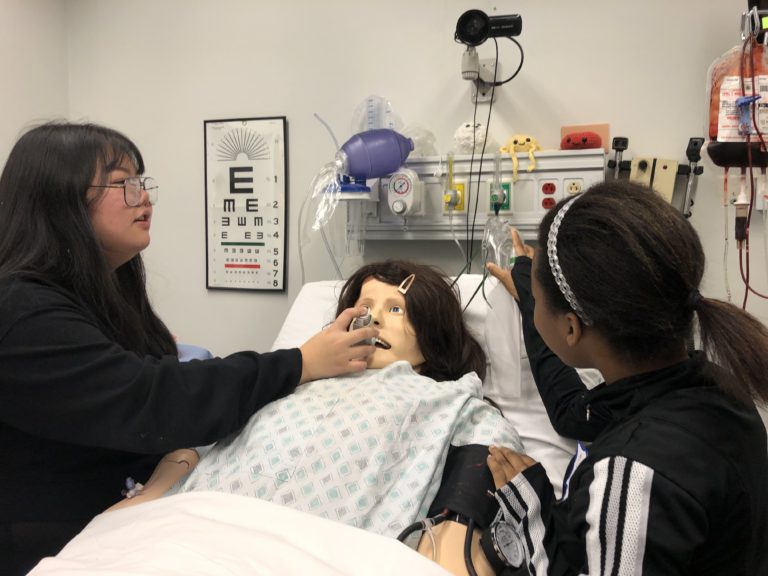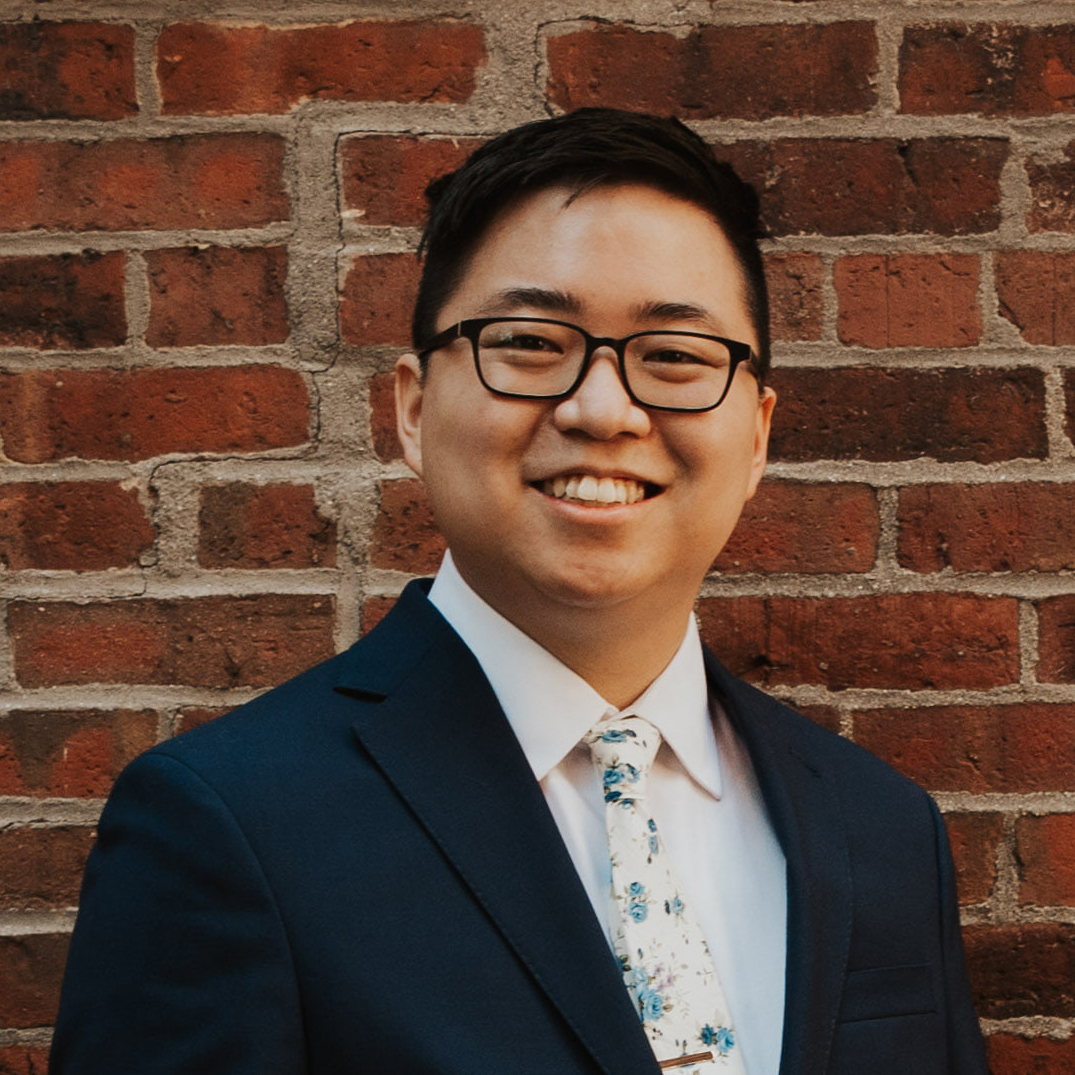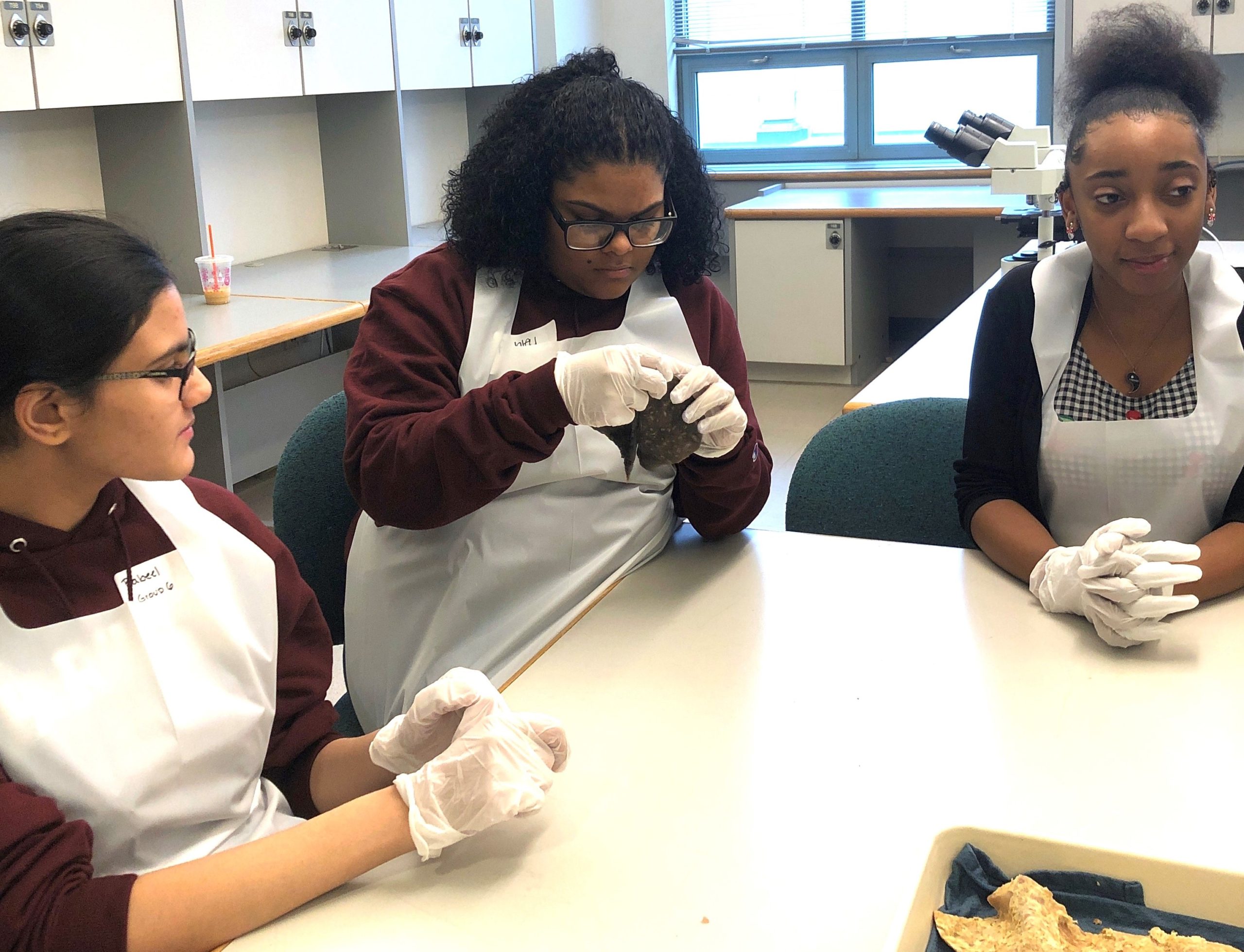
For many young students, it can be difficult to envision themselves pursuing careers within science or medicine if they do not know anyone within those fields. The Health Professional Recruitment and Exposure Program (HPREP) at Harvard provides a great platform to equip students for careers in science, and aims to eliminate educational disparities and increase representation of underrepresented and disadvantaged groups in related professions. ESAL spoke with Harim Won, one of the HPREP executive directors and a proponent of STEM outreach, who shared the benefits of the program and the efforts taken to inspire and support the next generation of scientists and science practitioners.
RD: What is HPREP?
Won: The focus of the program is to serve high school students from the Boston area and especially those from underserved or underrepresented backgrounds to provide exposure into science and medicine enrichment. During the program, students are given a window into the different topics and hands-on experience in several aspects of science, lessons on best practices in the field, one-on-one mentoring, and career development opportunities. HPREP can be the first time these students have contact with individuals in the medical field and we aim to develop their support network. Alongside their knowledge and skills, we aim to develop their confidence and hone their interest into what is necessary to pursue education and careers in these fields.

HPREP Executive Director Harim Won.
RD: What does the curriculum include?
Won: The 10-week curriculum surveys scientific fields such as genetics, cancer, immunology, and neuroscience, as well as medical topics such as human organ systems and personalized medicine. We combine more traditional lectures with highly interactive workshops, lab activities, and one-on-one mentorship. Past examples of such activities have included patient case studies, hands-on practice measuring heart rate and blood pressure, DNA extraction labs, and pandemic response simulations. Additionally, the mentor-mentee relationships ensure there is a source of constancy in these student's lives to support them as we help them realize their potential and endeavor to nurture their interest in science and medicine.
RD: What are some of the successes of HPREP?
Won: As a mentor it has been great to see the students securing places at different colleges alongside attaining scholarships. Several students have gone on to apply for summer research programs which provide them with further specialized experience in a specific field, in addition to being paid! We have also seen how HPREP has come full circle, as we had our first HPREP alum, currently a Harvard Medical School student, who is now a mentor himself! The goal of our work is to make a real difference, and I have been able to see the tangible changes during my time as a mentor, and this gives other individuals in the community hope!

HPREP scholars examining preserved human specimens during Curriculum. Photo credit: Assya Yakhnina.
RD: What challenges has HPREP overcome?
Won: Given the unexpected changes that occurred to everyday life during COVID, we were required to pivot from years of in-person programming to a fully virtual format. Our focus was to ensure we could deliver HPREP to the same standard in an effective and engaging way, as Zoom fatigue is a real phenomenon! In terms of the curriculum, we had to think about what we could compress, as well as putting together packages which contained experiment kits, mentee handbooks, and other program-related material. This required a concerted effort across the whole organization. So our main challenge was to ensure that we were effective in our delivery of material, and as in years past, we are consistently striving to improve this process based on the feedback we get from students.
More generally, we have worked to gain the trust and support of the schools we draw our students from - the success of our programming through the years has helped us greatly in this regard.
RD: What impact would you like HPREP to have in 10 years’ time?
Won: I would love to see an expansion of HPREP! It would be great for us to develop our alumni database with details on both mentors and mentees, which can help to support future facilitation with our student group. Alongside this, expanding the program to other universities around the country and building stronger collaboration among current HPREP programs at other universities would help more students from underrepresented and underserved backgrounds and would develop a unified network of support, opportunity, and collaboration. It would also be great to see more HPREP mentees becoming HPREP mentors, and expanding into different universities would allow this to happen. We are excited about promoting critical thinking in our program and hope that this is evident when members of the public come across HPREP alumni!
RD: What advice do you have for other scientists and engineers who would like to get involved?
Won: I think attitude toward STEM outreach is critical in supporting and inspiring the next generation. Wherever I am today has been cultivated through the investment of mentors, teachers, and stakeholders who equipped me with the knowledge, resources, and skillset to realize my full potential. By supporting programs such as HPREP through mentoring and teaching we can help bring resources to those who are less fortunate. Through the efforts of outreach, we can see how underrepresented and underserved populations are now finding themselves in the fields they dreamt of being in!
Are you involved with an organization or effort that you think might be of interest to the ESAL community? Or have heard about an organization or initiative that you’d like to learn more about? Let us know here, and we may feature it in a future post.